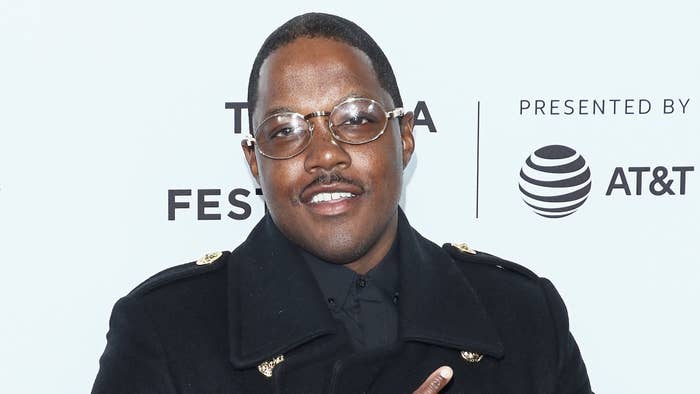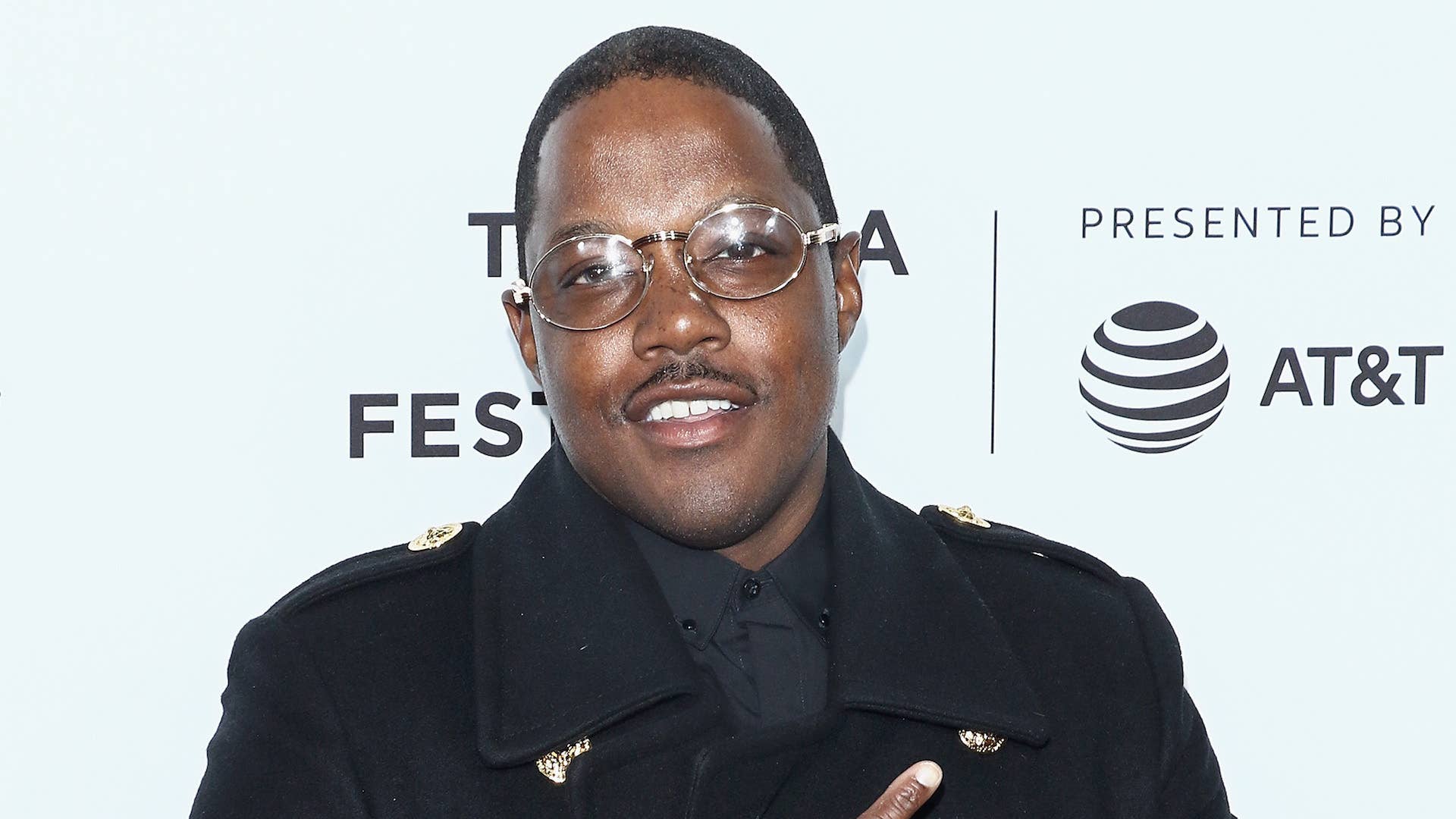
“The weakest thing a black man can do today is join a street gang,” he captioned a picture of himself. “The person who you’re riding for today ends up getting a bag to kill you or sending you to jail. Think about it what type of person would ask you to hurt your own people and take an oath to be there for your gang only to end up not being there for your children and family.”
Mase went on to say he doesn’t “respect” a man who makes this decision and that he never viewed gang members as “tough” people.
The “Feel So Good” rapper was named pastor of Atlanta’s Gathering Oasis Church in January. Yet his analysis of gang culture lacks the tolerance and empathy emphasized by Jesus and his followers.
There are bigger societal problems that should be considered when approaching gang culture. For example, most of these organizations were actually created to protect communities from police brutality during the tail end of the Great Migration and the Civil Rights movement—not to murder their neighbors. Also, a lot of young people join these groups because the traditional family structure has been ripped from them due to mass incarceration and the war on drugs.
For example Quando Rondo, rapper and member of the Rollin’ 60s Neighborhood Crips, explained to Angela Yee this week of his childhood, “My momma was on drugs all my life. Like hard drugs. Like crack. So I grew up adopted. Foster home to foster home. My dad been in prison my whole life. My dad was in prison for 12-13 years. But when my daddy came home, I was in juvenile. … I met my daddy around 15 years old. … I went from in-and-out foster home to in-and-out juvenile.”
Mase’s assessment of gangs as disloyal groups lacking structure also ignores history. If he took a deeper look at places like Chicago, he’d see that laws created to attack the Mafia (the RICO Act) were applied to Black gangs to take away their leaders and family-like structures. Authorities even went as far as to charge pro-Black organization leaders like Jeff Fort, El Rukn founder and close friend of Fred Hampton, with domestic terrorism. After ridding the city of its community leaders, Chicago began to tear down prominent Black project buildings and communities. This along with the infiltration of drugs have aided in the disarray and violence
For Mase to cast off a disenfranchised member of society as “weak” without properly assessing the causes of their actions doesn’t seem like a Christlike embodiment of the Golden Rule.

